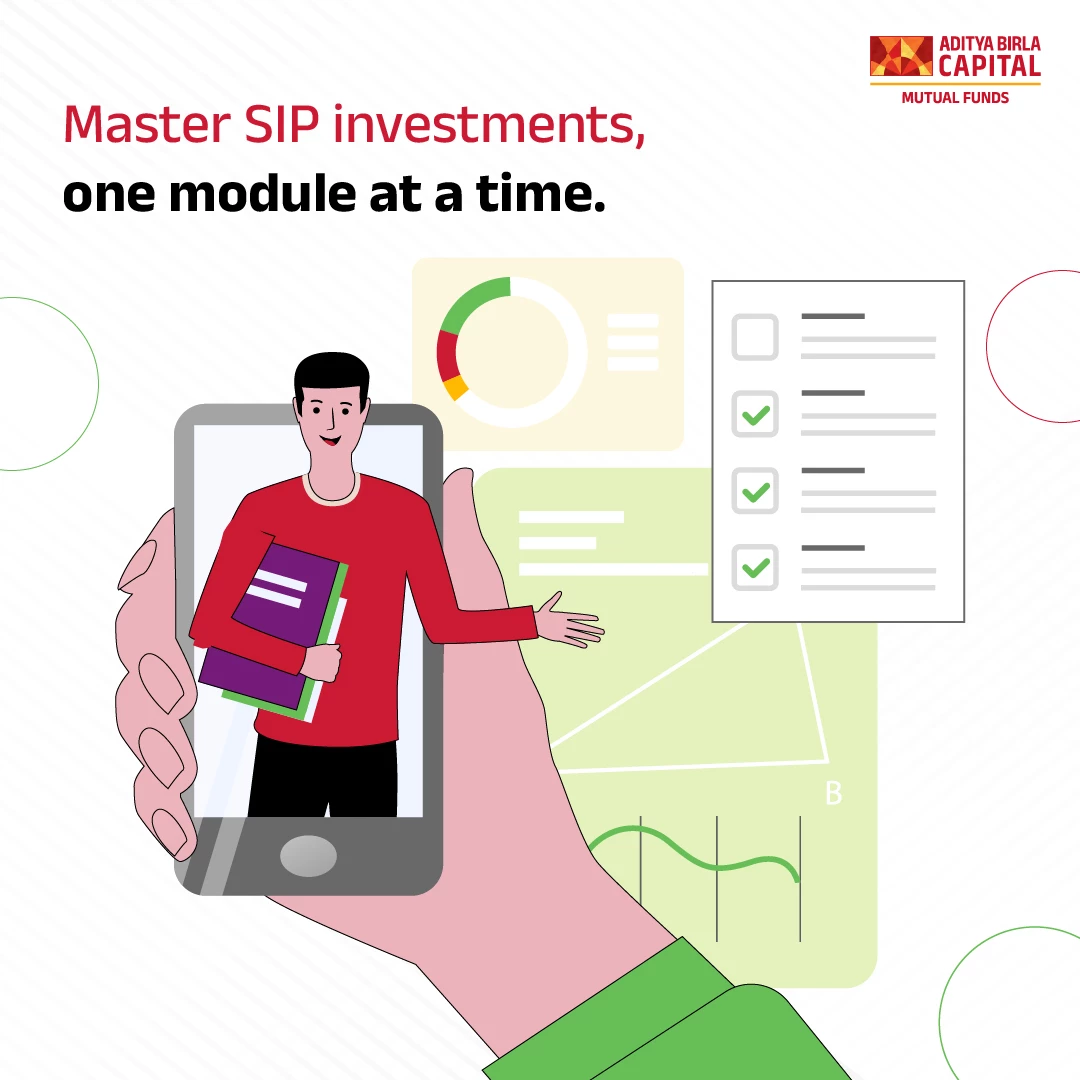Financial planning to manage personal finances is often the most neglected part in our preparation for adult life. Our education equips us with a variety of skill sets that make us worthy of getting a job and enabling us to create wealth. Financial planning is the obvious next step to ensure that the money we earn brings us returns, or at least ensures that we do not fall into a debt trap.
Whether or not one has a finance background, financial literacy is a crucial aspect of our preparation for adulthood that makes sure that we can live a healthy and peaceful life. So let us first get into some basic concepts in financial planning:
What is Financial Literacy?
Financial literacy quite simply means the knowledge and understanding of basics of financing such as managing personal finances, credit and debit, borrowing and finally, investing. Financial literacy aids in financial planning. In order to do this, one must have an obvious goal in one’s mind. To decide what one wants to achieve at that point in time. Does it entail earning more or wealth creation? Is it cutting costs? Clearing debts? or to get higher returns on investments?
Of course, these goals can and will change over a period.
So let’s look at how one can use the goals of financial planning to manage personal finances:
How to create more wealth
The most obvious step to achieve this would be to find a part–time job if you are a student or to ask for a pay raise from your current employer! However, when it comes to financial planning, there are many ways to ensure that your bank balance doesn’t give you a heart attack each time you open your mobile banking app.
Take the case of Shital. Shital is a sales professional who is mostly outdoors meeting clients. She loves spending on makeup, because, well, one needs to look presentable all the time. Her monthly spends on makeup and parlour visits amount to an average of 8000 per month. Since she has a busy life, she grabs her lunch at a restaurant where she spends around 250- 300 Rs per day. She loves meeting her friends in the evening at a coffee shop. Chatting up with them over a cup of Cappuccino worth Rs. 120 helps her relax.
The above expenses amount to almost 15000 per month besides having to pay for other necessities like groceries and travel. In financial planning, this is a typical case of a person who lives from one salary to another and hardly saves.
The solution- We feel that Shital would greatly benefit by applying the “CEO method” of financial planning. CEO stands for "Cut Costs”, “Earn More”, “Optimize Spending”. Shital can immensely benefit from finding cheaper options for her grooming purposes and can easily pack her lunch from home to cut costs. If more money earning options are not present, one can benefit by monitoring what one spends on. Like Shital, most of us tend to be unaware that we are indulging too much.
When it comes to money we spend on makeup, clothes and shoes- one must go for quality over quantity and find more durable options to reduce our expenses.
Focus on savings
We need to take our grandmother’s advice of ‘money saved is money earned’, especially in this age of quick buys and internet shopping. Luckily for us, there is a host of financial planning tools and apps to manage our finances. A simple excel sheet where you jot down your fixed and variable expenses also aid in this.
Ravi is a college student. His earnings come from his allowances and from photography projects that he takes up occasionally as a freelancer. Ravi has been planning or upgrading his DSLR since the last 6 months but hasn’t been able to save the required amount. But he is so tempted to buy the latest iPhone too! Life can be so difficult!
The solution- Ravi will benefit greatly by applying the “50-30-20” rule in financial planning. Here, one needs to allocate 50% of total earnings to Needs, 30% to Wants and 20% to Saving. This will impose him to track all his monthly expenses as well as analyse which category each of his expenses belong to. This will not only enable him to take sound financial decisions but also save something for emergency situations or to take things lightly, that U2 concert that he just can’t miss!
Tackling debts
Clearing debts and paying for them on time ensures a good credit score.
Let us look at Harish’s financial health. He has two Credit Cards from different banks. He uses one to pay bills for utilities and the other for the occasional shopping trips.
He had bought a house 5 years back and still has to pay off a considerable amount.
He took a long-awaited international trip with his family and has a personal loan amount that is almost clear.
Besides these, he has to have a corpus of funds to pay for his children’s education, co-curricular activities, and his parent’s medical expenses.
Harish can take any one of the two approaches to clear off his debts.
The first is by listing all the debts and clearing them off as per the amount. For example, Credit Card bills first, followed by a personal loan for the trip abroad and eventually the home loan. Financial planning gurus call this the “Debt Snowball”
The second way is to pay off the higher interest rate debts first. This leads to a “Debt avalanche”.
Whatever method one follows, it entails maintaining a sound record of all the debts with their due dates and awareness on their interest rates. One must always strive to follow a debt–free life to maintain a good credit score.
Growing your money
Financial planning is of no use unless it makes your money grow. This requires a mindset change and being interested in knowing about different investment methods.
When choosing any investment option such as a Mutual Fund, one needs to consider –
What are you investing for?
What is your Risk Tolerance?
What is your investment timeline?
With any investment method, the key is to spend a good amount of time getting to know your plan and having patience. Spending some time with your financial consultant will help one reap maximum benefits and find solutions best-suited to your needs.
As with anything in life, the right time to invest is–Now! The earlier one invests, the better the chances of getting returns.
Start building up financial knowledge with the goal to improve your life, financially.
An Investor education and Awareness initiative of Aditya Birla Sun Life Mutual Fund
All investors have to go through a one-time KYC (Know Your Customer) process. Investors to invest only with SEBI registered Mutual Funds. For further information on KYC, list of SEBI registered Mutual Funds and redressal of complaints including details about SEBI SCORES portal, visit link : https://mutualfund.adityabirlacapital.com/Investor-Education/education/kyc-and-redressal for further details.
Mutual Fund investments are subject to market risks, read all scheme related documents carefully





 1800-270-7000
1800-270-7000





















